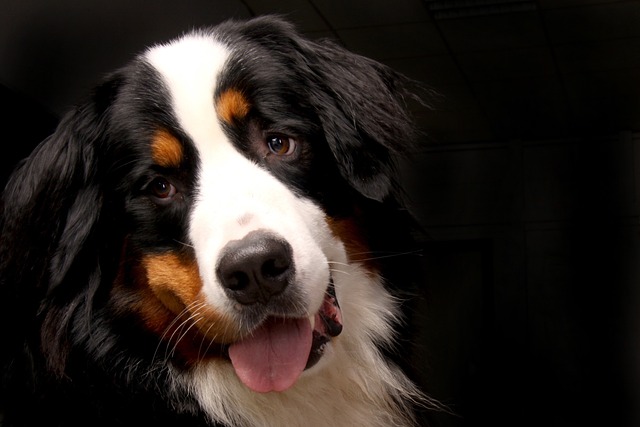
What causes dogs to have bad breath?
Ever leaned in for a kiss from your furry friend, only to recoil at that less-than-pleasant whiff? Doggy breath isn't just an olfactory nuisance—it can be a red flag waving you towards potential health issues.
If you've ever cringed while picking up your dog's rock-solid poop, you're not alone. Hard, dry stools aren't just an unpleasant cleanup—they're a clear sign that your furry friend's digestive system is crying out for help. As a pet parent, understanding the root causes of this common issue isn't just about comfort; it's about keeping your dog healthy within the framework of local animal welfare laws and cultural norms. Let's unpack what's turning your dog's stools into pebbles and how to get things moving smoothly again.
First off, hydration is king. In hot summer months across Arizona or southern Spain, or during dry spells in the UK, dogs can quickly become dehydrated, especially if they're active outdoors. Unlike in some other regions, Western households often keep their air conditioning running, which can further dry out your dog's body. Many pet owners in Europe carry collapsible water bowls on walks, a smart habit encouraged by local animal welfare groups. If your dog isn't drinking enough water, its intestines absorb excess moisture from the feces, resulting in hard stools. To encourage drinking, try adding a splash of low-sodium chicken broth to their water bowl or investing in a pet fountain, which many dogs find more appealing due to the moving water.
Diet plays a crucial role too. In the US, it's common for pet parents to feed commercial kibble, but not all brands are created equal. Low-quality dog foods often lack sufficient fiber, a key nutrient for healthy digestion. On the other hand, overfeeding high-fiber treats like carrots or sweet potatoes without adjusting the main diet can tip the balance in the wrong direction. In the EU, pet food regulations require clear labeling of fiber content, so check those ingredient lists carefully. Sudden diet changes, like switching from one brand to another or introducing table scraps (a big no-no in most Western households due to potential nutritional imbalances), can also disrupt your dog's digestive rhythm and lead to hard stools. When transitioning diets, follow the 7-day rule recommended by vets: gradually mix in the new food with the old over a week to avoid upsetting your dog's stomach.
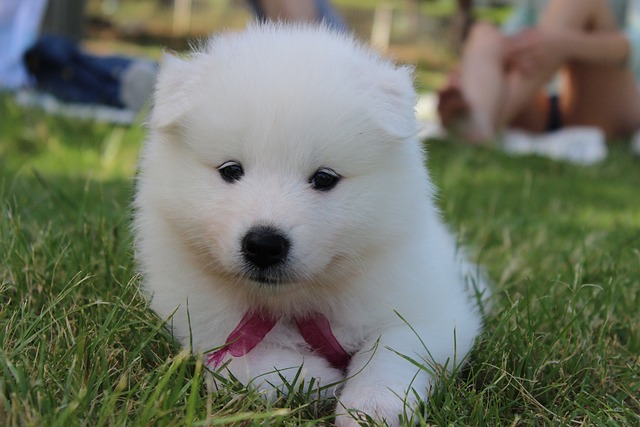 Medical conditions can't be overlooked either. In older dogs, conditions like hypothyroidism, which slows down the body's metabolism, can cause constipation and hard stools. Dental problems are another hidden culprit—if your dog is in pain while chewing, it may eat less or avoid certain foods, affecting its overall digestive health. In the UK, where pet insurance is widely popular, many policies cover routine dental check-ups, which can catch these issues early. Parasite infections, although less directly linked to hard stools than bloody ones, can still inflame the intestines and disrupt normal bowel movements. Regular deworming, as mandated by most European countries for responsible pet ownership, helps prevent this.
Medical conditions can't be overlooked either. In older dogs, conditions like hypothyroidism, which slows down the body's metabolism, can cause constipation and hard stools. Dental problems are another hidden culprit—if your dog is in pain while chewing, it may eat less or avoid certain foods, affecting its overall digestive health. In the UK, where pet insurance is widely popular, many policies cover routine dental check-ups, which can catch these issues early. Parasite infections, although less directly linked to hard stools than bloody ones, can still inflame the intestines and disrupt normal bowel movements. Regular deworming, as mandated by most European countries for responsible pet ownership, helps prevent this.
Lack of exercise is a silent contributor. In urban areas like New York City or London, where many dogs live in apartments, getting enough physical activity can be a challenge. But just like humans, dogs need movement to stimulate their digestive systems. A daily 30-minute walk isn't just a chance to relieve themselves—it's essential for keeping things moving along internally. Some European cities have designated dog parks where owners can let their pets run free, but always check local leash laws first. In the US, doggy daycare services are popular options for active dogs that need more exercise than their owners can provide during work hours.
If your dog's hard stools persist despite dietary and lifestyle changes, it's time to consult a vet. In most Western countries, veterinarians are legally required to report suspected cases of animal neglect, so seeking professional help is not only in your dog's best interest but also a legal responsibility in some situations. Your vet may perform tests like blood work, fecal exams, or X-rays to rule out underlying medical conditions. In some EU countries, animal welfare laws ensure that diagnostic procedures are carried out humanely, and treatments are tailored to your dog's specific needs.
Preventing hard stools boils down to proactive pet parenting. Keep your dog hydrated, feed a balanced diet appropriate for its age, breed, and activity level, and ensure regular exercise. Stay informed about local pet care regulations, whether it's understanding pet food labeling laws in the US or knowing the leash requirements in European cities. By taking these steps, you can spare your dog the discomfort of hard stools and enjoy many more happy, healthy walks together.

Ever leaned in for a kiss from your furry friend, only to recoil at that less-than-pleasant whiff? Doggy breath isn't just an olfactory nuisance—it can be a red flag waving you towards potential health issues.
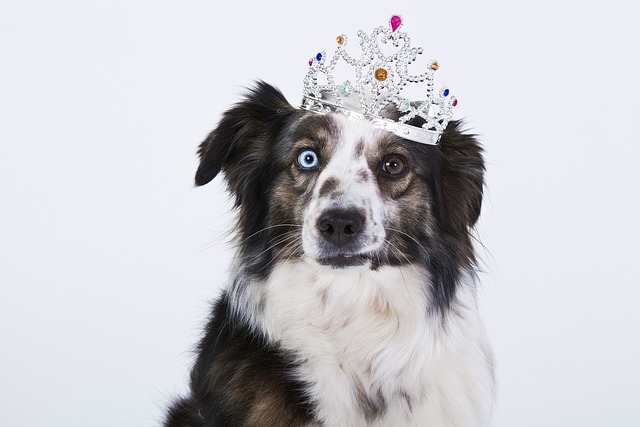
Picture coming home to find your 10-year-old German Shepherd has torn up the living room rug—unthinkable from the pup who’d never chew a shoe.
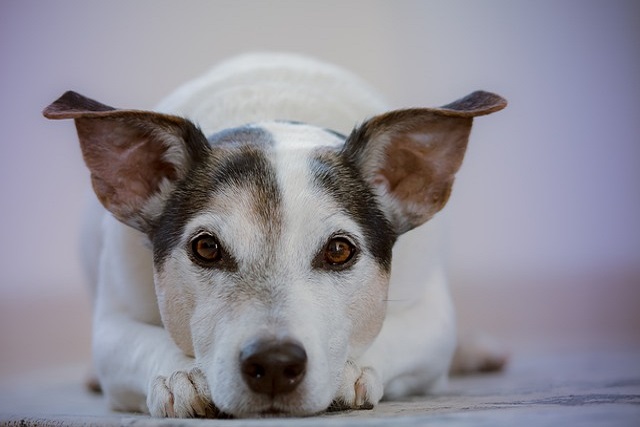
If coming home to find your dog panting by the door, with a fresh puddle of vomit beside them. You haven’t fed them for hours—could their separation anxiety be making them sick?
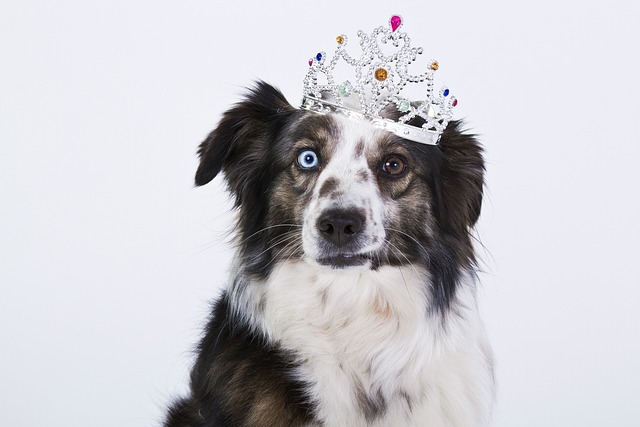
If you’ve ever leaned in for a doggy kiss only to recoil from a whiff that could clear a room, you’re not alone. Bad dog breath isn’t just a nuisance—it can be a sign of underlying health issues.

So, you've fallen under the spell of the Akita – that noble, lion-like presence, the quiet dignity, the unwavering loyalty etched right into their soulful eyes. It's understandable. There’s something truly magnetic about this ancient Japanese breed.
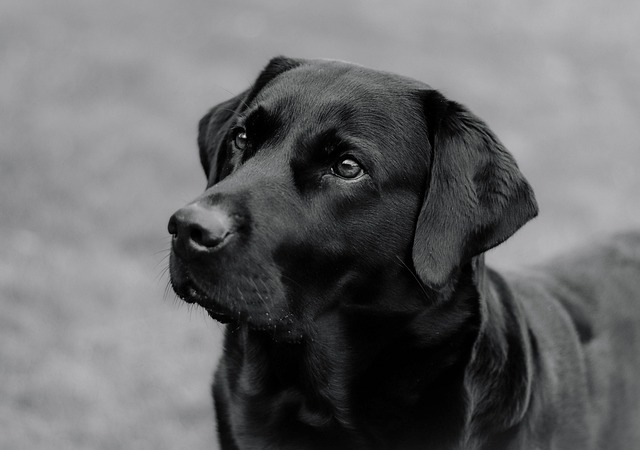
Let's be honest, the image of a massive, shaggy Irish Wolfhound coursing across misty moors after formidable prey is deeply etched in our minds, straight out of folklore and history books.